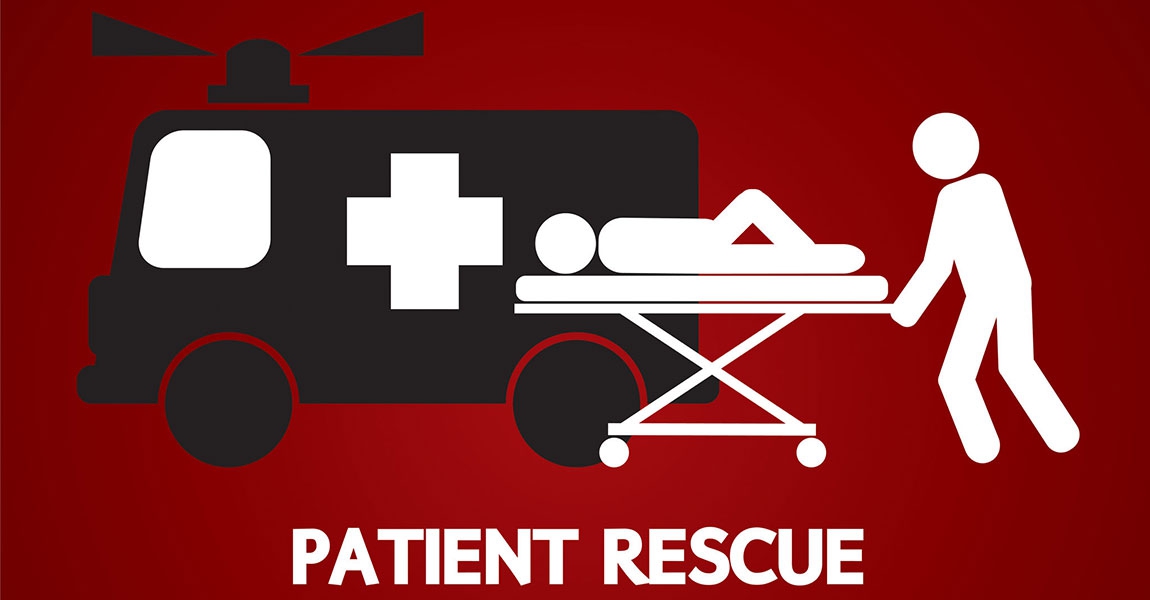
Head Injury
Home > Health Info > Health Articles

A head injury can be due to an accident that leads to injury of the scalp, skull or brain. Head injury can cause brain damage and is classified in several types of brain injury as follows:
- Brain contusion
- Brain concussion
- Brain congestion
In patients who have no symptoms that indicate any severity of the head injury need not be admitted to the hospital similarly, for patients who have not suffered a brain concussion, after receiving initial treatment can rest at home. Even if the symptoms of a head injury do not show immediately or develop slowly, they need to be observed at least 1-2 days to see if any suspicious signs or symptoms progress.
During the observation period, avoid physical exercise and do not drive a motor vehicle or operate machinery for at least 24 hours. Avoid alcohol drinks and any medicines known to cause drowsiness.
For a mild head injury, medical opinion is that the patient can take pain relief medicine as prescribed. However, closely watch the person and understand how to treat the patient properly regarding any symptoms of concern over the next 24 hrs. While the person is sleeping, wake him or her up every 2 to 3 hours and ask questions to check alertness of the patient.
These following symptoms indicate that the patient needs to see the doctor immediately for an urgent medical treatment:
- Depression and loss of consciousness
- Restlessness and Slurred speech
- Convulsions
- Weakness in legs or arms
- High fever
- Frequent vomiting
- Worsening headache (despite taking analgesics)
- Fluid or blood draining from nose, mouth, ears ( recommend not to blow nose)
- Neck pain and stiff neck
- Dizziness and blurred vision
- Other suspicious symptoms
For patients who have brain damage or suspicious symptoms of increased intracranial pressure the medical advice is for the patient to be hospitalized and will require very close attention in the intensive care unit (ICU)
Share :



